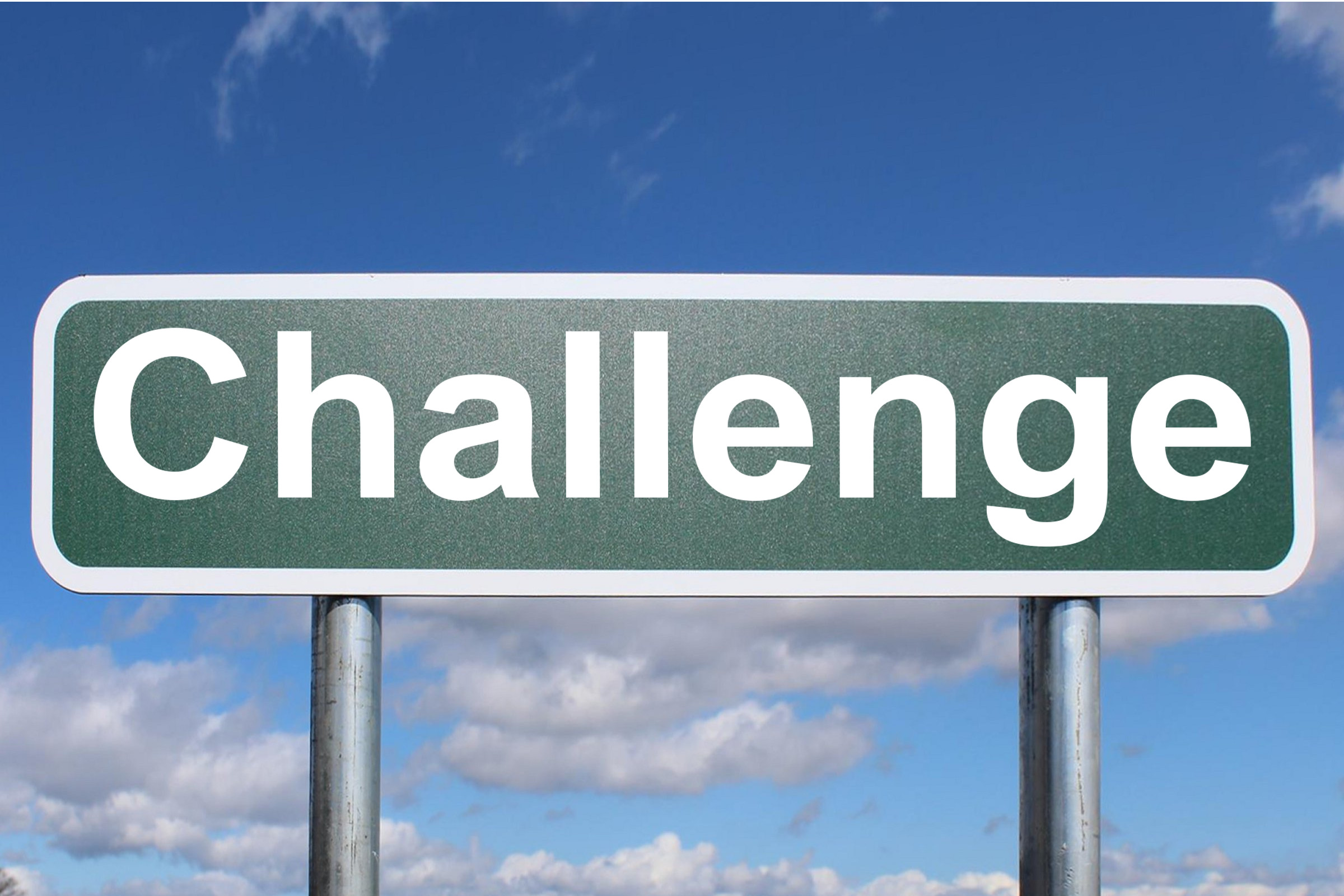Peter Kraftl discusses how schoolboys whose behavior was deemed 'challenging' can also challenge the climate crisis
Experimental educational activities on the climate change, delivered to non-White schoolboys who were labelled as 'challenging,' raise questions about 'challenging' behaviours and the climate crisis. Who is able to utter or perform a challenge to the climate crisis, and how?

Challenging Behaviours and Challenging Climate Change
Peter Kraftl
Over the past couple of years, a group of researchers from our university has been working in an alternative school that supports young people excluded from mainstream schools in Birmingham (UK). Most are boys, aged 11-16; the majority come from Black or South Asian backgrounds; and they present behaviours that are deemed to be ‘challenging’ for mainstream schools. With the school, which aims to deliver a vocational curriculum, we co-delivered a programme of experimental, sometimes artistic activities designed to encourage the students to think and learn about climate change in more diverse ways than they might in a mainstream school. In particular, given Birmingham’s heritage as an industrial city, our activities were focused around energy.
We wanted students to not only learn about but to experience different forms of energy, extending beyond more conventional forms of environmental education/behaviour change. We sought to articulate what Affrica Taylor (2019) frames as ‘small stories’, which ‘counter the conceits’ of the rich white male’s Anthropocene – from walks around the school and local community, encouraging students to identify challenges for living sustainably, to visits to local museums, model-making and building projects. Our collaborations led to the articulation of a whole range of ‘energies’: embodied, elastic, gravitational, solar, wind, electrical, etcetera. But one thing that was so striking about our work was how it raised questions about the relationship between ‘challenging’ behaviours and climate change, in the context of young men who are (at least) quadruply-disadvantaged by labels and processes attached to them by the educational system and society more generally: their age, gender, ethnicity, and behaviours that have been identified as ‘challenging’?
Here, I suggest, we need to tread a very careful path – between romanticising all acts of ‘challenge’ and simply dismissing all such acts – in order to tease out where and how these marginalised voices might issue challenges that matter. For, these young men are not, generally, the kinds of young people whose voices are routinely heard or accepted when it comes to debates about climate change. And this, I think, is because of the nature of the ‘challenge’ that different groups of young people are perceived to present (and that they are presented with).
This observation is by no means a critique of the #climatestrikes or the more ‘mainstream’ voices of youth protest (although predominantly white and middle-class, they are more diverse than that). It is, instead, a broader attempt to question and to open out genuine debate about how we might think differently and more generously with what we mean by challenge when it comes to how we think about diverse young people’s experiences, voices and action around climate change and related injustices.
A couple of vignettes from our research (which are discussed in far more detail in Kraftl, 2020) stand out…
- …as we walked through the community near the school, a local activist patiently pointing out trees recently planted to provide shade and mitigate the effects of Birmingham’s air pollution problem, one of the boys referring to the tree as a ‘gas-guzzling mother-fucker’…
- …as we returned to school from the walk, in the middle of a session where the invited speaker was talking about the features of an eco-house, a group of boys suddenly decided to get out some Jenga blocks and build a huge tower, which they then proceeded to knock down, noisily, ‘like a tornado hit’…
…and these vignettes are just two of many, in which ‘challenging behaviours’ were entangled with challenges of and for climate change doxa, in all kinds of ways, opening out all kinds of questions.
Consider, in the second example, the role of play, imagination and small acts of ‘violence’, as in the destruction of the Jenga tower. Might we (re)frame these as small expressions of speculative fabulation (Haraway, 2016)? In particular, what if it became apparent that, that very same day, the boys had been learning about a tornado that hit the local area in 2005, causing millions of pounds worth of damage – in a country not prone to large numbers of destructive tornados, but where they and other forms of extreme weather are becoming increasingly common as temperatures continue to rise? In this context, the apparently silly, playful, impulsive, disruptive construction of the tower and its subsequent destruction might render a rather different challenge.
To repeat, my intention is not to celebrate any and all kinds of ‘challenge’. Rather, it is to raise questions about who is able to utter or perform a challenge, in and to the ways we think and act on climate change – and how.
(This is a shortened version of a blog published under the same title on the Young People and the Anthropocene blog: https://youngpeopleanthropocene.org/2019/03/26/challenging-behaviours-challenging-climate-change/)
References
- Johnson, E. et al. 2014. After the Anthropocene: Politics and geographic inquiry for a new epoch. Progress in Human Geography, 38 pp 449-456.
- Haraway, D.J., 2016. Staying with the trouble: Making kin in the Chthulucene. Duke University Press.
- Kraftl, P. (2020) After Childhood: Re-thinking Environment, Materiality and Media in Children's Lives. London: Routledge
- Taylor, A., 2019. Countering the conceits of the Anthropos: scaling down and researching with minor players. Discourse: Studies in the Cultural Politics of Education, pp.1-19.